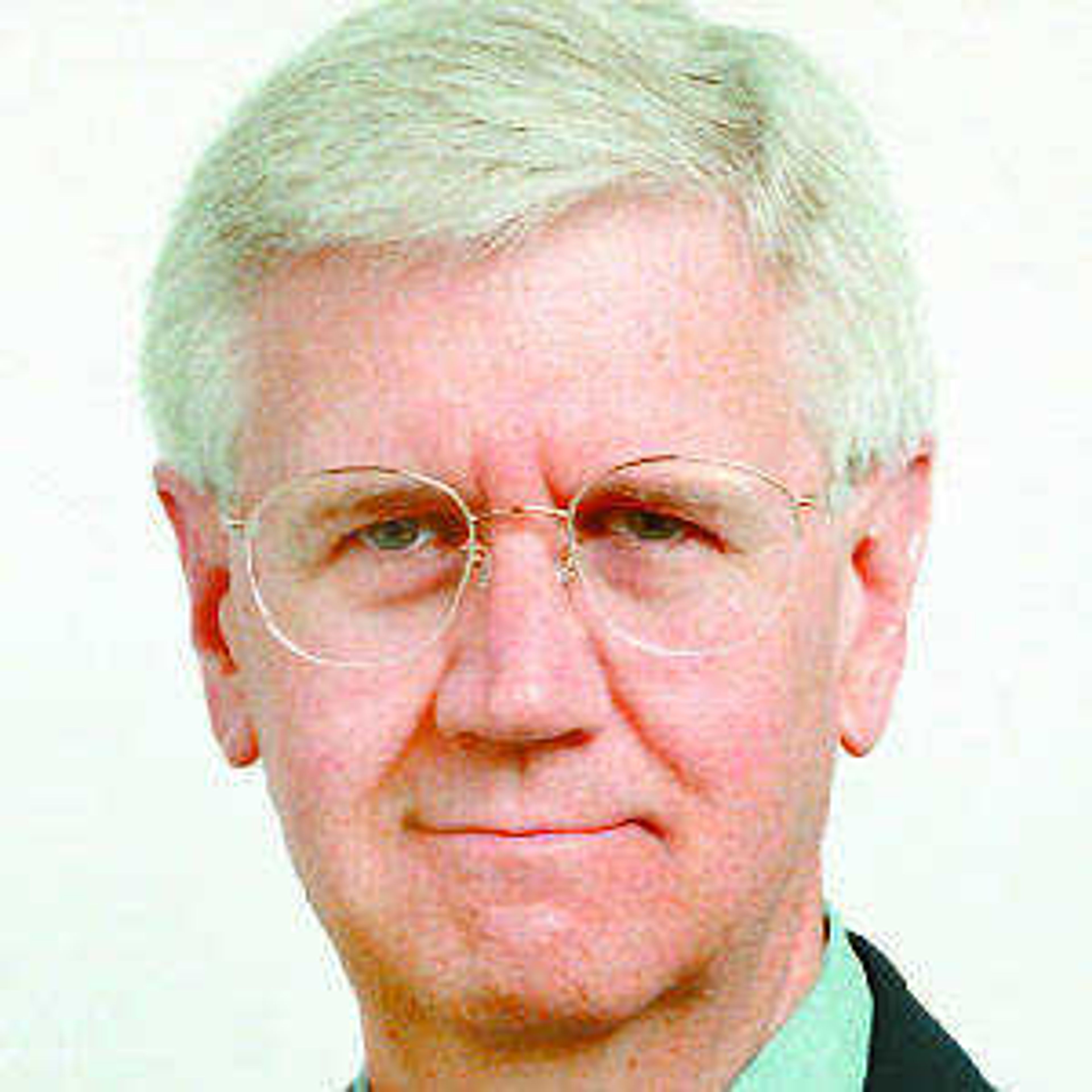More than 60 years ago, growing up on a farm was pretty much the same no matter where the farm was located.
Boys, whether on farms in the flat Bootheel of Missouri or in the sloping Ozark valleys over yonder, had to be out of bed early to do chores: milk cows, hoe gardens, buck bales of hay and mend fences. And then there were all those afternoon chores, too: chop wood, drive fence posts, haul rocks from fields, battle Johnson grass, rake hay, spread manure, dig potatoes, spray apple trees and water the hogs.
There were lots of other chores as well, as anyone who grew up on a farm can attest, but this gives someone who never lived on a farm some idea of why so many farm boys developed serious cases of wanderlust so early in life -- why so many farm boys became factory workers and mechanics and plumbers and doctors and, yes, newspaper editors.
The notion that not everyone had experienced farm life wasn't so prevalent in my mind when I was growing up. With only limited exposure to life beyond Killough Valley, I rather assumed that even city kids had to do chores all day.
Sure, my city cousins had to mow the lawn occasionally. But they spent way more time at a city park with a swimming pool or taking buses and streetcars to the zoo or catching a matinee at a neighborhood movie theater. Whenever they came for visits to the farm, it was interesting to see them fend off chiggers and poison ivy and snakes as they tried to fill a lard bucket with fat blackberries from the briar patches along country roads.
As the mercury in thermometers hereabouts start hovering at daytime highs of near 100 degrees, I am reminded of the hours I spent in the garden between the house and the barn, alongside the wet-weather creek littered with quartz-covered rocks.
This was the time of year when young farm boys learned to pray, earnestly, for the first time in their lives. If even the tip of a cloud showed over the hilltop, farm boys holding hoes while standing in huge country gardens began to appeal to the Almighty Rainmaker to send a downpour with enough moisture and lightning to force a retreat indoors where books were waiting to be read and comics had to be thumbed through for the umpteenth time.
I'm serious. It was a true test of faith to see if that wisp of sky vapor would turn black and produce a good shower or would, while God apparently tended to more important tasks, evaporate before a fellow could utter a decent Amen!
On most hot days, the best anyone could hope for was what my mother called a "six-inch downpour." That's when big, heavy drops of rain splatter the ground a good six inches apart and then evaporate in an instant.
After a few years of marriage, my wife and I became city dwellers ourselves. And if you're going to live in a city, why not the biggest one on the continent?
New York City is where we encountered so many individuals who had spent their entire lives on the island of Manhattan, literally. Because we were displaced Midwesterners, we had an automobile. My wife and I engineered many a trip across the George Washington Bridge to the palisades of New Jersey or adventures along the Hudson River north of the city to Bear Mountain or West Point.
We, my wife and I, thought it was odd to know someone whose lives had been so geographically limited. Then we would remember our own families. My father, from Lower Crane Pond Creek, courted my mother, from Brushy Creek. As the crow flies, they were only three or four miles apart in distance but nearly walled off from each other in reality, thanks to dusty, rocky roads, spring-fed creeks and steep wooded hills.
For some, isolation and solitude are the preferred existence. These folks make good farmers. My Uncle Lindell, the youngest of his siblings, found solace in a hut in the woods where he stayed most of his adult life. He was the exception to the rule of isolation and solitude. He had no interest in farming. He lived by his wits and a good squirrel rifle.
My Uncle Lindell and I chose far different paths, but I think we were both driven by the same motivation: What does it take to avoid milk cows and hay bales: Answer: Find a way to exist somewhere other than a farm.
Hillside hermits and newspaper editors have that in common.
Joe Sullivan is the retired editor of the Southeast Missourian.
Connect with the Southeast Missourian Newsroom:
For corrections to this story or other insights for the editor, click here. To submit a letter to the editor, click here. To learn about the Southeast Missourian’s AI Policy, click here.









